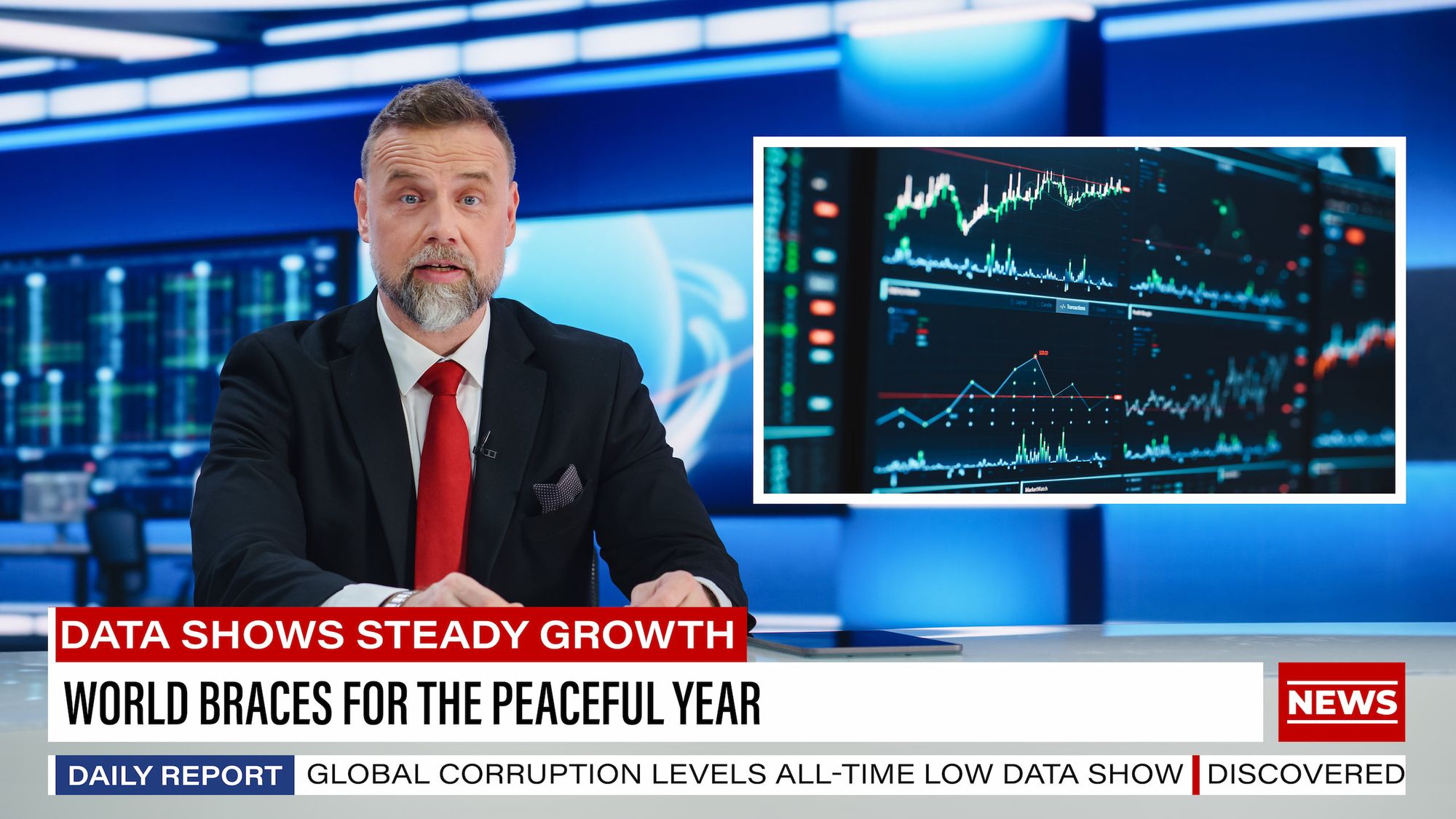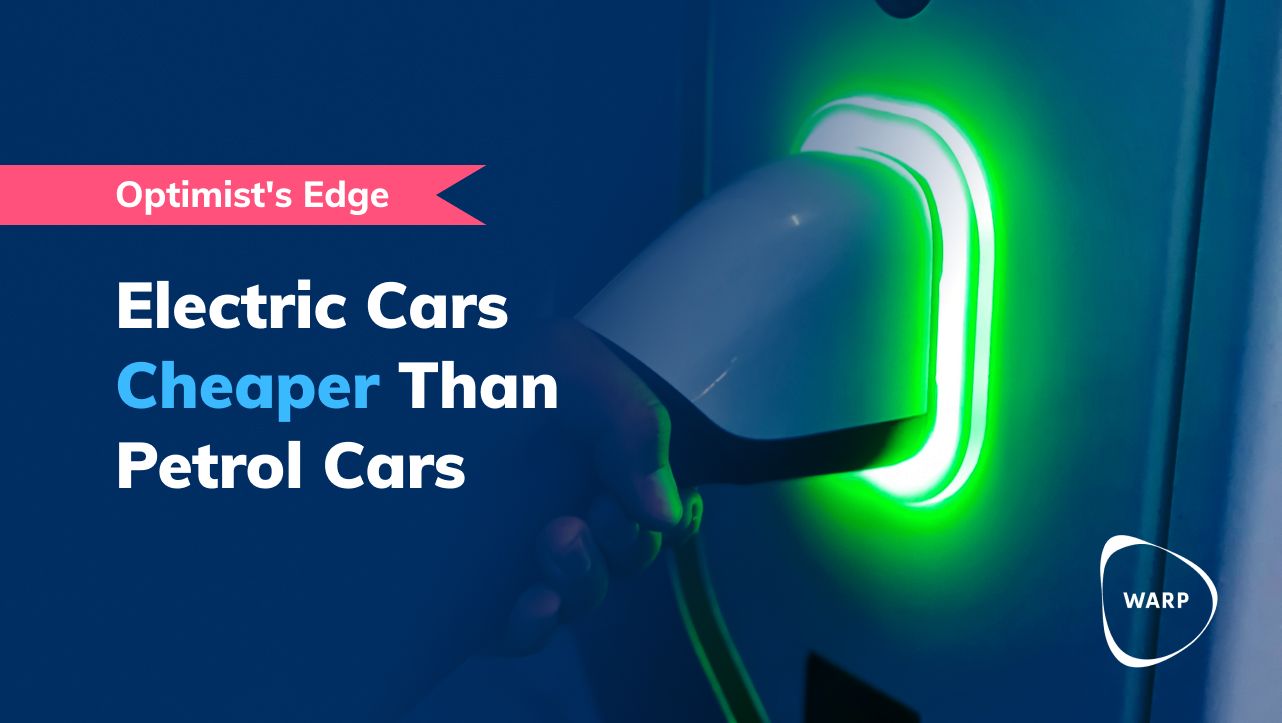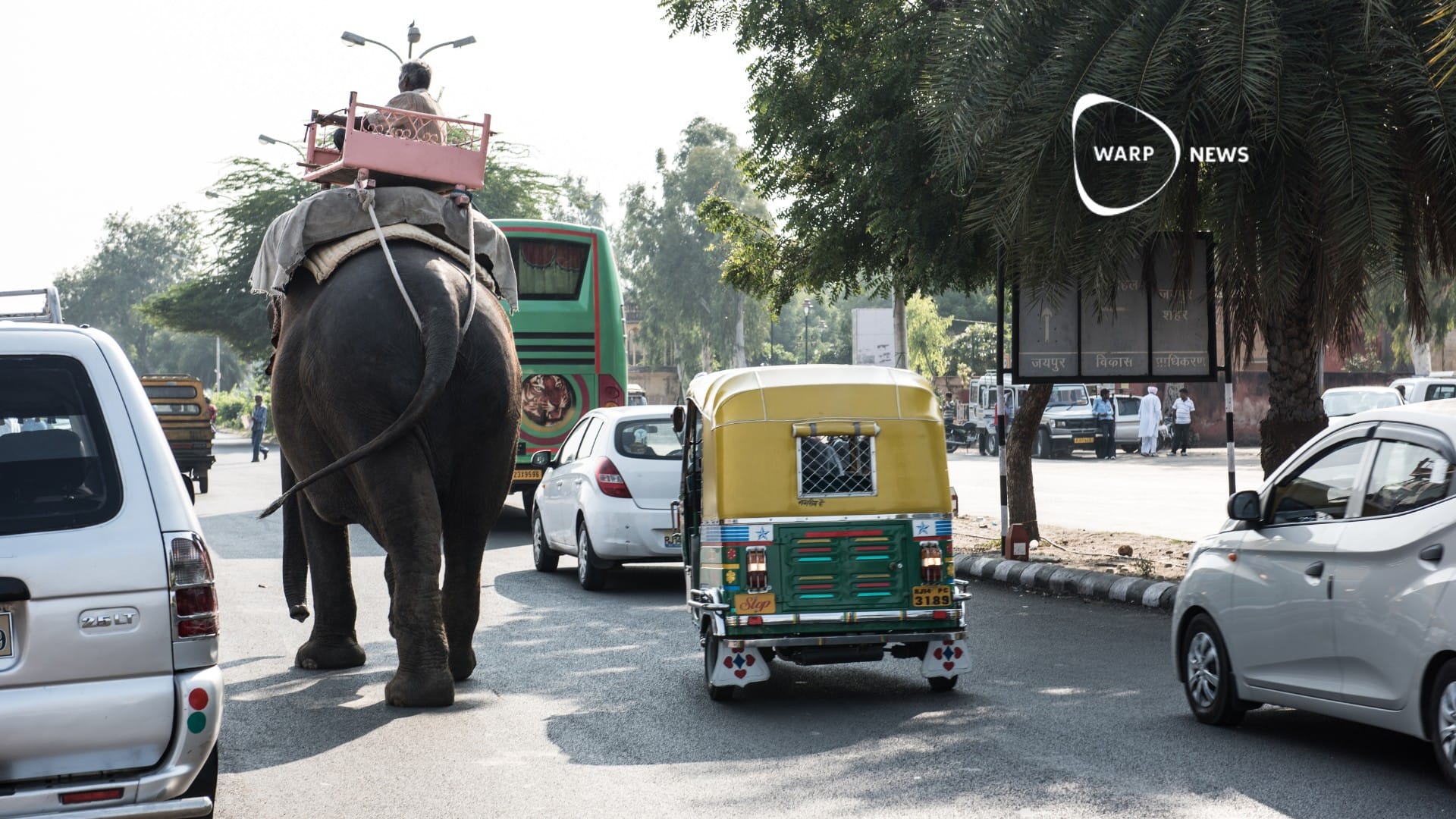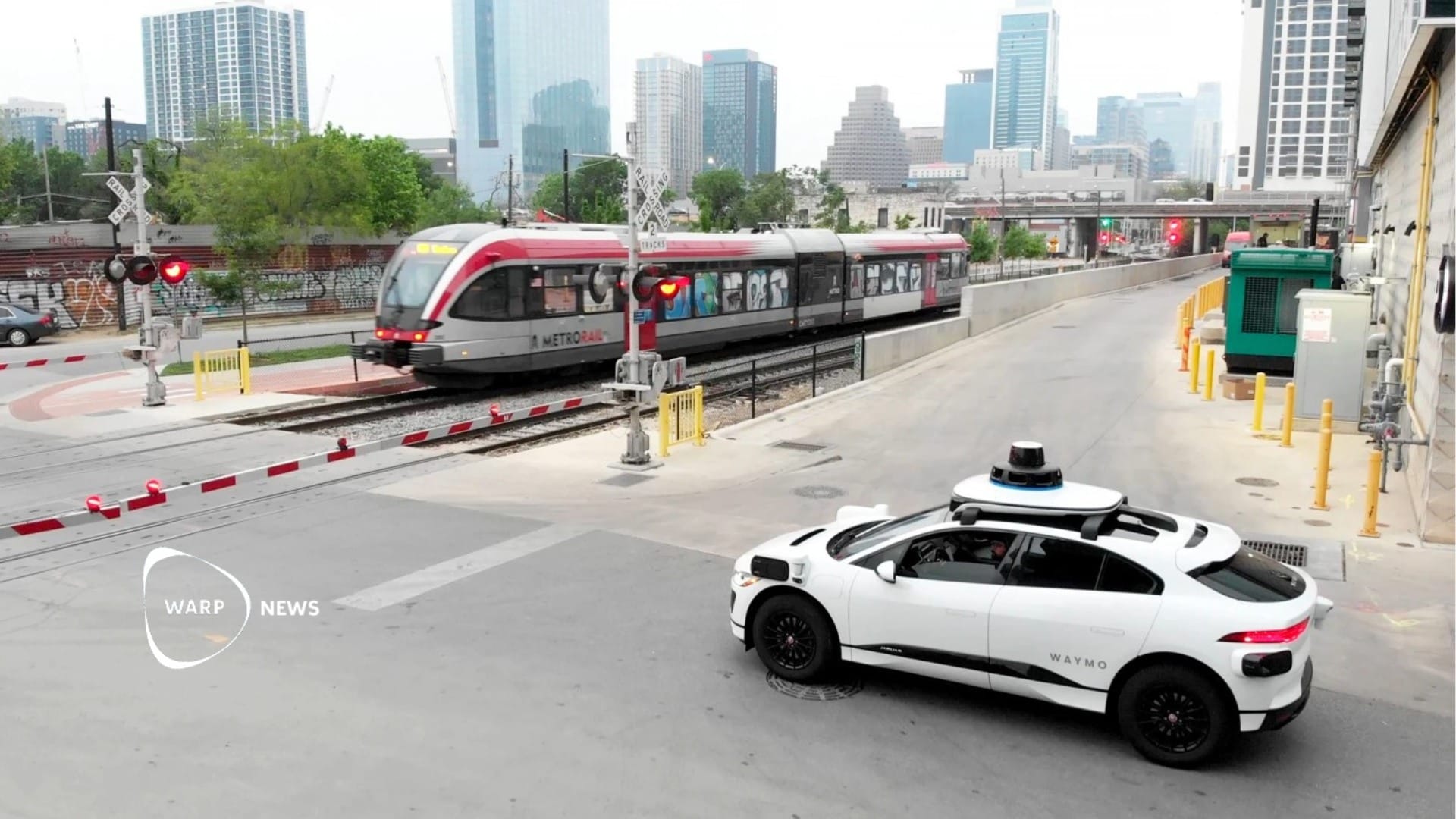
🤔 "Hm, here is positive news... we must turn that negative!"
The art of taking positive news and turning it into negative news.
Share this story!
Recently, very positive news came: Traffic emissions decreased last year, despite an increase in traffic.
Do you think the media reported this positive news as just positive news? No, of course not. They managed to find a negative angle on it. In this case, it was Sweden's largest daily newspaper, Dagens Nyheter or DN (Daily News).
How? Well, it wasn't easy, but after decades of practice, it's something news journalists are good at.
Was there hidden negative news in this positive news that they highlighted? No, it took more acrobatics than that.
They chose to narrow the question and then speculate.

Before I show you how, here are the facts:
- Road traffic has increased and is now back to the same level as before the pandemic.
- Despite this, emissions have decreased by five percent.
- Fossil emissions are now the lowest since they began to be measured 30 years ago.
The last one needs to be repeated: Emissions from road traffic are the lowest ever recorded.
You now understand that it takes serious pessimistic acrobatics to turn this into negative news.
Pessimistic acrobatics
Here is how to turn positive news into negative news in two steps:
- Limit the scope. It's the electrification of transportation that will take fossil emissions from road traffic to zero. In the short term, other things matter, such as which fuel is used in fossil cars. DN (Dagens Nyheter) now chooses to limit the topic of emissions from road traffic to just the fuels.
- Speculate. The government has announced that it will make changes to the obligation to insert "green" into fuel. How much and when has not been communicated. It could mean less "green" in the tank and therefore lead to higher emissions. DN chooses to speculate on that.
With these two simple steps, DN took the news that should have had the headline "Emissions from road traffic are the lowest ever recorded" to "Increased reduction obligation is required - despite record low traffic emissions."
Instead of letting the news be about something concrete that has happened, it's about something speculative that might happen.
Instead of something positive that has actually happened, they angle it to something negative that might happen.
It would have been reasonable to mention the question of the reduction of "green" in fuel, its impact on emissions in previous years, and possible impact this year and in the coming years - but to put the emphasis in the article on that is appalling.
The electric car is about to outcompete the fossil car
Instead of narrowing the scope, a newspaper with as large resources as DN should zoom out and put it into context.
At Warp News - with the same resources as DN's coffee budget - we've managed to do that when it comes to electric cars.
Two years ago, we explained how the underlying cost development of electric cars made them soon become both cheaper to own (already a reality) and cheaper to buy (soon a reality) than equivalent gasoline and diesel cars.

We stated at the time: "The declining battery costs will make electric cars cheaper to buy by the year 2025."
When electric cars are both cheaper to buy and own, the transition will go very quickly. Soon one hundred percent of new cars purchased will be electric cars.
It will take time to replace all old cars, although that transition is likely to be faster than everyone thinks. Therefore, the "greenness" of the fuel in these cars is not unimportant. But its significance is small compared to the gigantic transition that is currently taking place.
Not enlightening the world
Dagens Nyheter is running a campaign and claims to "enlighten the world."
In this case, they did precisely the opposite.
Instead of telling us what has actually happened, they obscured reality.
Mathias Sundin
The Angry Optimist

By becoming a premium supporter, you help in the creation and sharing of fact-based optimistic news all over the world.



